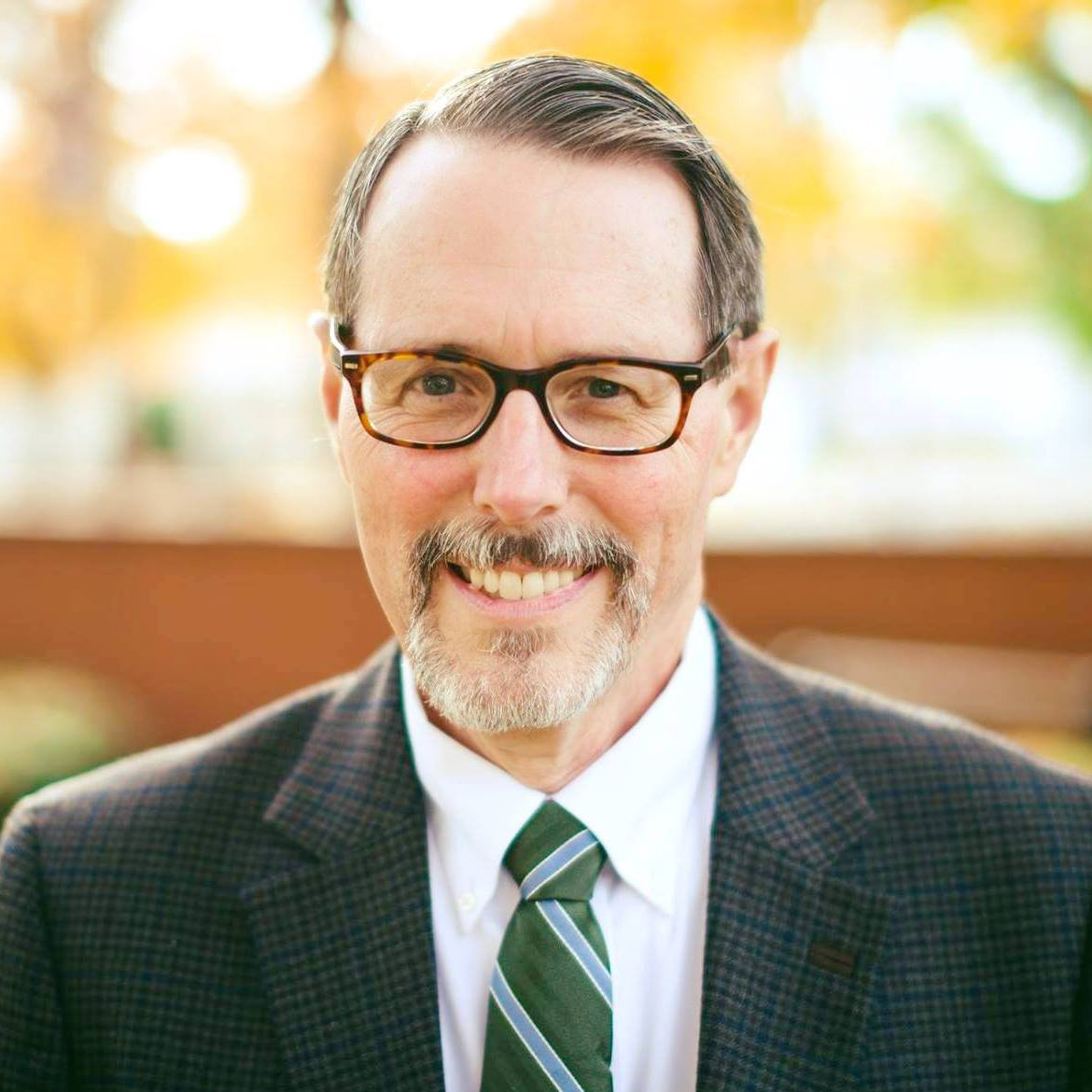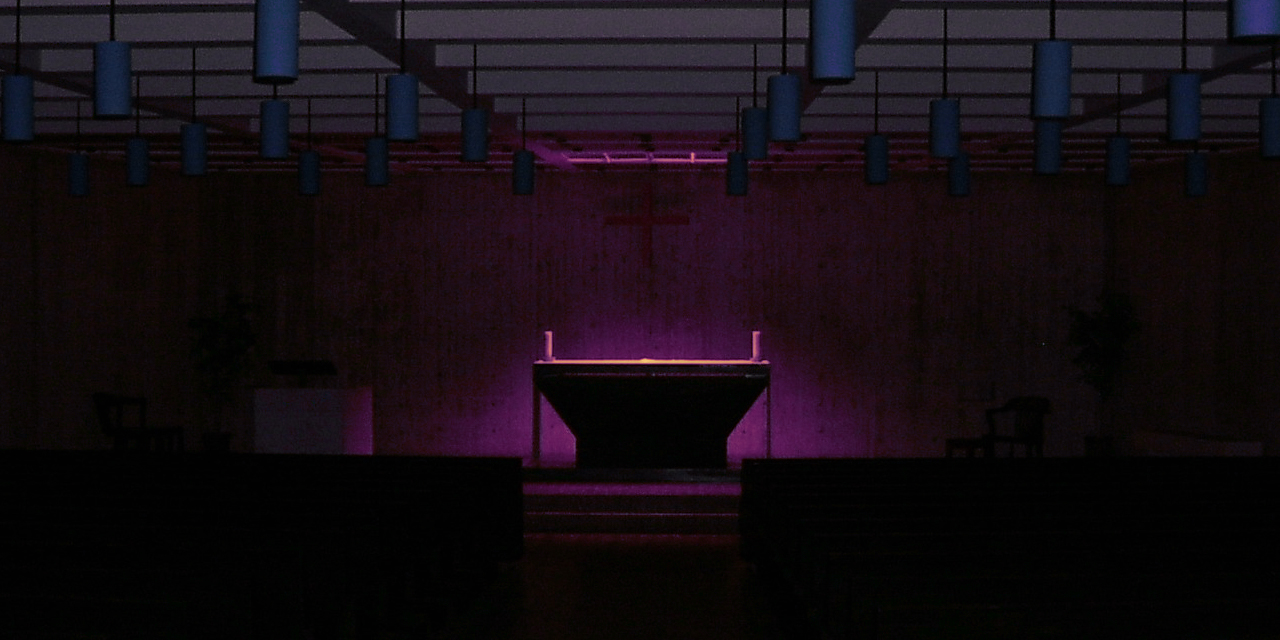By Brian T. Hartley
Every morning, I roll out of bed somewhere between 4 and 5 a.m., start the coffee downstairs, and then walk back up the steps into my darkened office — where I light a candle and sit in the darkness. As I go through my morning routine of prayers, scripture reading, and stretching, I look out the window toward the eastern horizon in anticipation of the dawn light.
I learned long ago that I need to pay attention to time and space as conveyors of gospel truth. That is why I also attempt to live into the church calendar as a means of better understanding the call to discipleship. And there is no time of year more difficult to do this than during the Advent season.
_
“During these times, we strip our spaces down in a minimalist fashion and enter into an attitude of silent listening and reflection.”
_
Advent, like Lent, is primarily a season of waiting and anticipation. During these times, we strip our spaces down in a minimalist fashion and enter into an attitude of silent listening and reflection. We intentionally try to set aside all that will distract us so that we can listen for that “still small voice.”
The problem is that our consumeristic culture has a very different calendar — one in which Advent has no place, and we are beckoned into a commercialized version of Christmas, with all of its decorations, in November, if not October. Instead of counting down the four Sundays of Advent, we are offered an alternative way of measuring time. This includes newer commercial holidays, such as Black Friday and Cyber Monday. Listening for any one voice during such a time becomes nearly impossible as we find ourselves drowned in a cacophony of sound — usually so-called “Christmas music,” with its own newly designated channels for listening.
_
“Without learning to sit in the darkness, light has little meaning.”
_
While I can accept that the culture is inimical to the gospel’s counter-cultural message, I wish that I knew how to beckon my fellow believers into the joys of the Advent season without giving way to the orgies of a commercialized early Christmas season. I believe the power of Christmas, like Easter, is that light breaks into the darkness, and that life overcomes death. But without learning to sit in the darkness, light has little meaning — just as Christ’s resurrection has no meaning apart from the existential reality of death.
I invite you to join me in learning to sit quietly and thoughtfully in the darkness throughout most of this month. My hope is that, in so doing, we can hear God’s voice, despite all of the noise around us. And then, come Christmas Eve, as we join together in singing carols, the wonder of Christmas will dawn afresh and anew as we decorate our spaces and prepare for the joyful season (not just the day) of Christmas.
Top photo: St. John’s Abbey in Collegeville, Minnesota
+

Brian T. Hartley, Ph.D., is a professor and dean emeritus of Greenville University and a Free Methodist elder in the Gateway Conference, which he currently serves as a member of the Ministerial Appointments Committee and the Ministerial Education and Guidance Board. Before joining Greenville’s faculty in 1993, he served as pastor of Wesley Chapel Free Methodist Church in Toronto, Ontario, Canada, and Stillwater Free Methodist Church in Stillwater, Oklahoma. Although he retired last year, his continuing contributions to Greenville include serving as the director of a Network for Vocation in Undergraduate Education-funded grant project to capture and preserve the stories of women leaders throughout the university’s history.
Great Writing + Discipleship Materials
+150 years discipling Christ followers with our unique and distinct message.
RELATED ARTICLES










